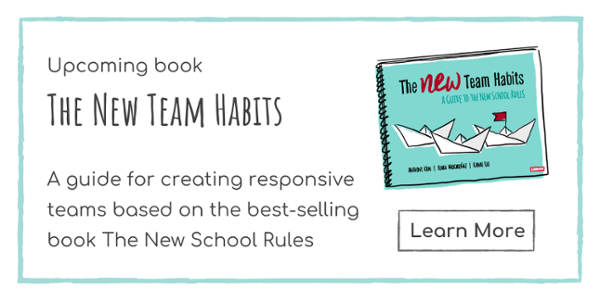Our experience, past success, and hard won wisdom can cloud our perspective on others, especially when they seem to think like we do… Even with a good deal of experience being fortunate to work with and for smart leaders on Multiplier topics for years, I fall into the same trap: thinking those who think like I do actually do. Rather than amplify the intelligence of those around me, I shut down their thinking by assuming my similarities will provide answers for their issues. Unfortunately, I’m quite good at this both at home and at work.
At the Wiseman Group we consistently find a blind spot of good intentions that can shut down the thinking of others: the Accidental Diminisher. The seemingly positive names of Accidental Diminishers like “Optimist” and “Decision Maker” are frequently argued and defended by leaders – “I’m naturally positive – you mean I shouldn’t be optimistic?” “Are you telling me being decisive is a negative thing?” Yes…
That is the subtle and destructive act of the Accidental Diminisher – the positive aims and wishes for better relationships and results, logically and emotionally supported by “I was successful this way, let me help you” can shut down those smart people, quickly.
What can we do about it? Here’s a specific experiment - consider those close to you at work; colleagues, department heads, principals, students, parents. Who are the people that you think, think like you do? They may be your best performers, the ones that you “connect” with. Ask yourself – “what am I thinking when I interact with them?”
The next time you meet with them on a work project, status report, or strategy session, ask them first: “What are you thinking?” Delay your brilliant idea or oft-told battle story and listen to their thought process and encourage their ideas. If you get the dreaded blank stare after asking them first, that may be an indicator you’ve been accidentally diminishing them. Pause and ask them again…
The fundamental tenet of being a Multiplier is that other people are smart and will figure it out. The fact that we too are smart can sometimes get in our way as we diminish others with our past experience and success. Ask first, listen second, and contribute third to follow your own path to be a Multiplier.





